Hurricane Ida, jazz, and how climate change destroys our history

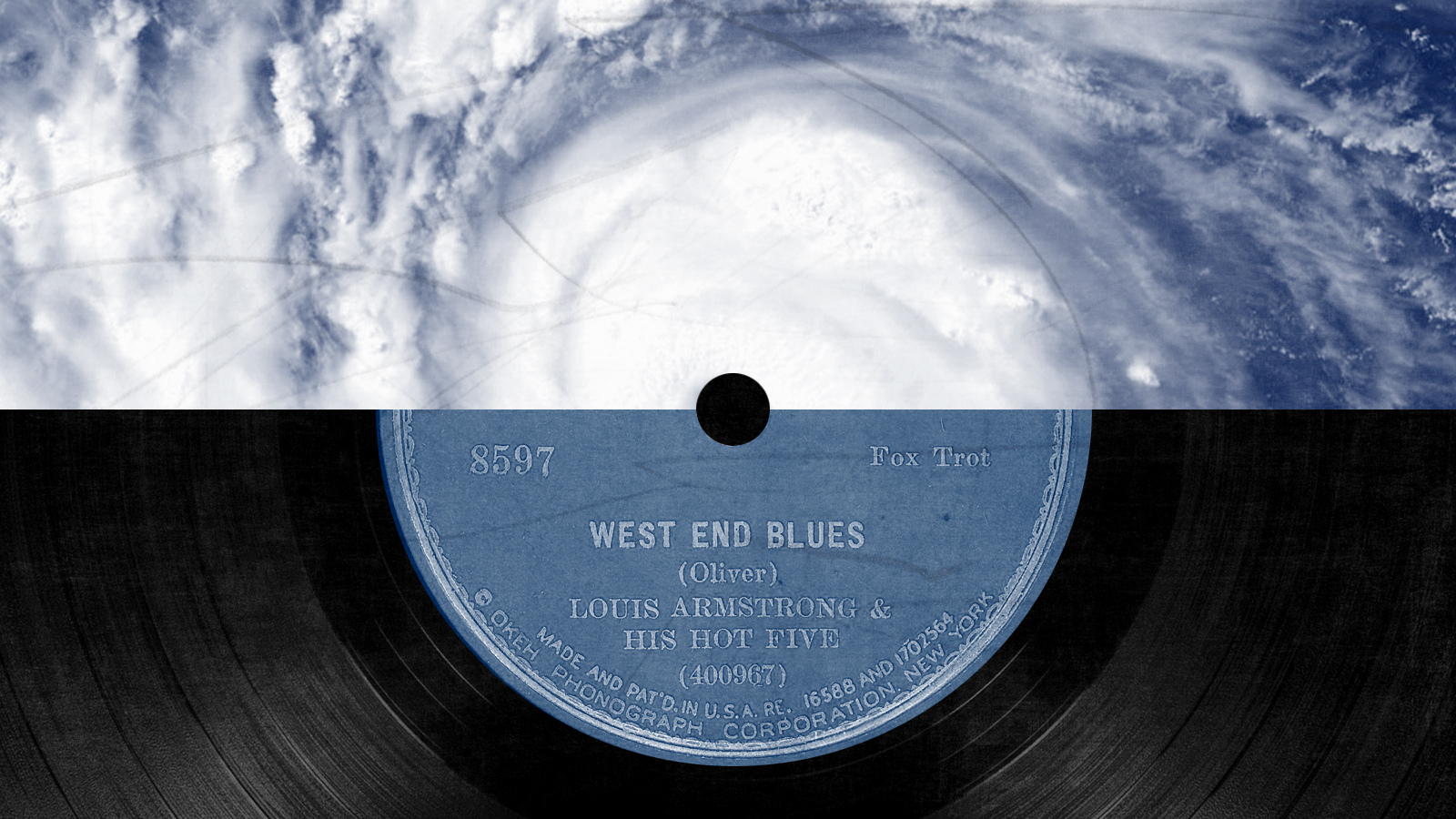
A free daily email with the biggest news stories of the day – and the best features from TheWeek.com
You are now subscribed
Your newsletter sign-up was successful
The Karnofsky Store is no more. The building — a jazz landmark known as a "second home" to young Louis Armstrong — collapsed Sunday, buffeted by the fierce gales of Hurricane Ida. A little bit of what makes New Orleans New Orleans is now just a pile of rubble.
It's a hint of what climate change holds in store for humanity.
We tend to think of climate change in terms of what it means for our future — how much the seas will rise, how many acres will burn, how many people will be displaced or worse as temperatures increase and the world changes around us. What is already clear, however, is that the warming Earth will also rip away pieces of our history, as bits of it are burned or drowned or simply knocked over by the wind.
The Week
Escape your echo chamber. Get the facts behind the news, plus analysis from multiple perspectives.

Sign up for The Week's Free Newsletters
From our morning news briefing to a weekly Good News Newsletter, get the best of The Week delivered directly to your inbox.
From our morning news briefing to a weekly Good News Newsletter, get the best of The Week delivered directly to your inbox.
This history might be personal: Think about how many wildfire stories you've heard about families losing old pictures and other heirlooms, keepsakes of parents and grandparents and other relatives gone forever. But it's also true on a collective scale. In 2017, a group of scientists reported that a one-meter rise in sea levels could result in the loss of more than 13,000 different historic and prehistoric archaeological sites in the American Southeast alone.
"The displacement of millions of people due to rising seas will cause additional impacts where these populations resettle," the researchers reported. "Sea level rise will thus result in the loss of much of the record of human habitation of the coastal margin in the Southeast within the next one to two centuries and the numbers indicate the magnitude of the impact on the archaeological record globally."
This matters. So much American discourse in recent years has been about our history — how we remember it, how we preserve it, how we think and talk about it. We make sense of that history, and who we are, by seeing and touching the things our ancestors carried, by walking where they walked, and — yes — by building physical monuments to them. The knowledge can be digitized and passed on, perhaps. But it won't be the same.
When we lose the stuff of our history to climate change, we'll lose a little bit of ourselves as well.
A free daily email with the biggest news stories of the day – and the best features from TheWeek.com
Joel Mathis is a writer with 30 years of newspaper and online journalism experience. His work also regularly appears in National Geographic and The Kansas City Star. His awards include best online commentary at the Online News Association and (twice) at the City and Regional Magazine Association.
-
 Why is the Trump administration talking about ‘Western civilization’?
Why is the Trump administration talking about ‘Western civilization’?Talking Points Rubio says Europe, US bonded by religion and ancestry
-
 Quentin Deranque: a student’s death energizes the French far right
Quentin Deranque: a student’s death energizes the French far rightIN THE SPOTLIGHT Reactions to the violent killing of an ultraconservative activist offer a glimpse at the culture wars roiling France ahead of next year’s elections
-
 Secured vs. unsecured loans: how do they differ and which is better?
Secured vs. unsecured loans: how do they differ and which is better?the explainer They are distinguished by the level of risk and the inclusion of collateral
-
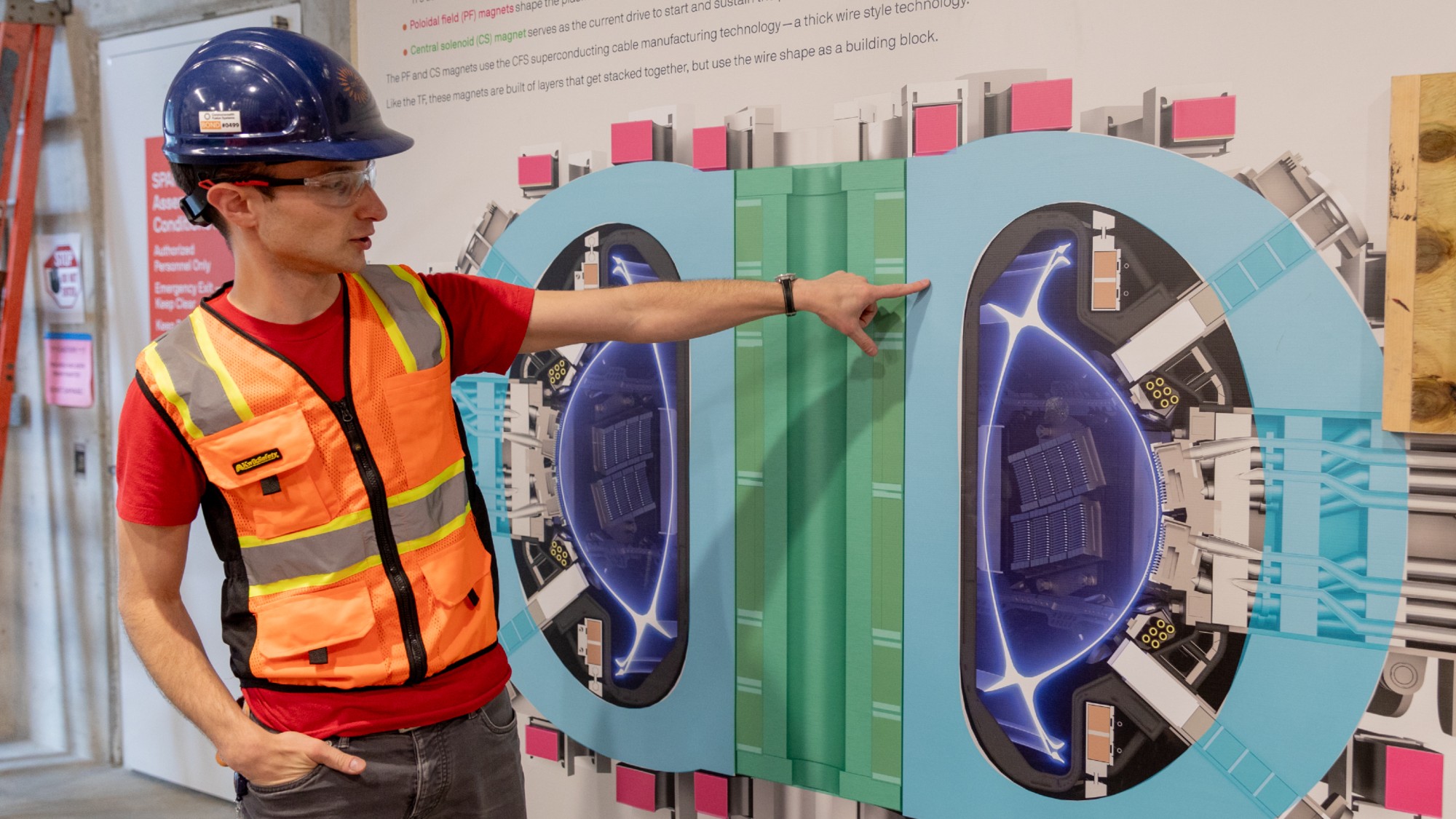 Cautious optimism surrounds plans for the world's first nuclear fusion power plant
Cautious optimism surrounds plans for the world's first nuclear fusion power plantTalking Point Some in the industry feel that the plant will face many challenges
-
 'New denial': There's a shift in climate denialism on YouTube
'New denial': There's a shift in climate denialism on YouTubeTalking Points This new era of misinformation is circumventing the platform's climate change policy
-
 The soul of a machine
The soul of a machineTalking Point Will artificial intelligence ever be conscious?
-
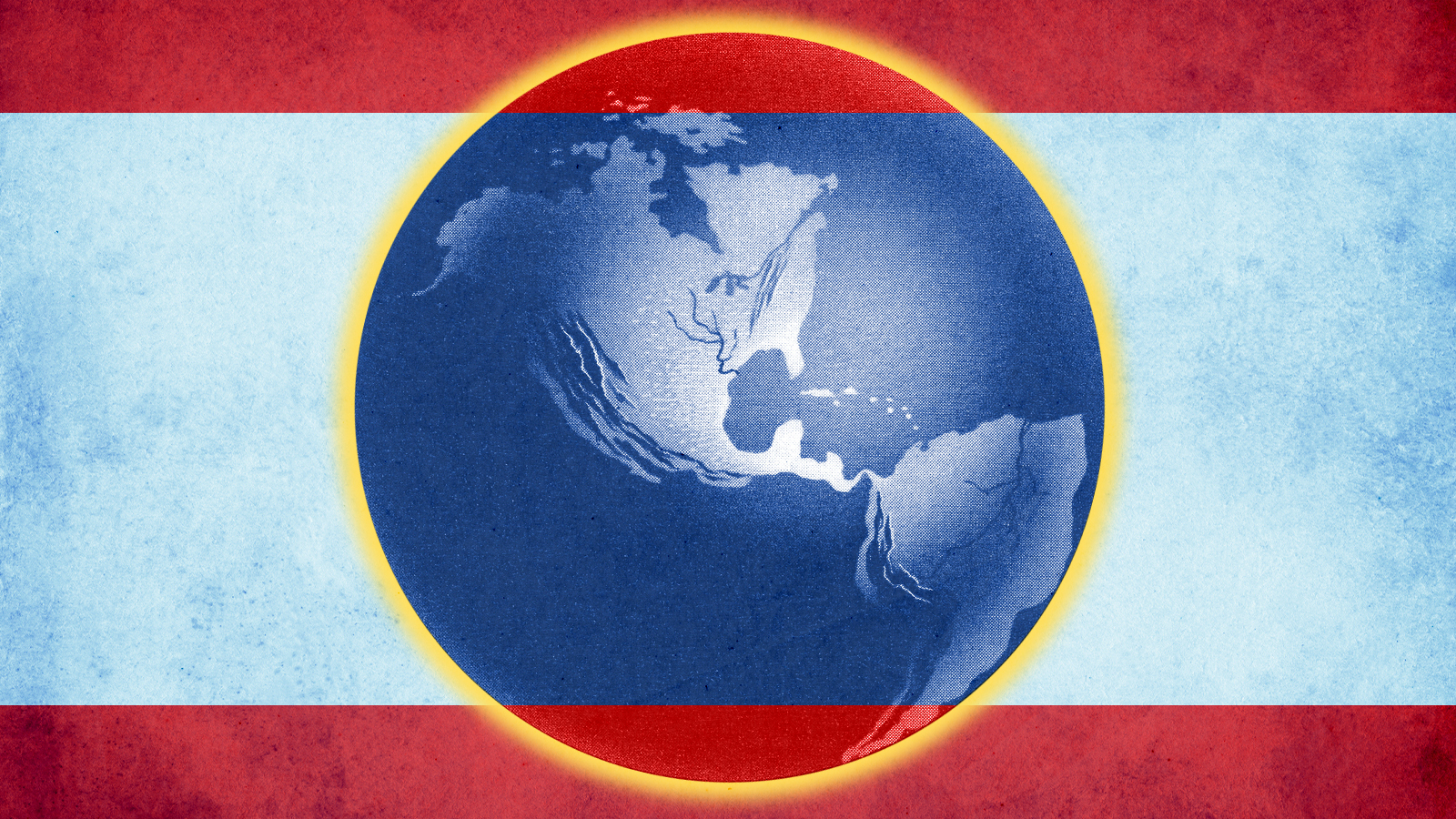 Climate change is coming for the world's poles
Climate change is coming for the world's polesTalking Point
-
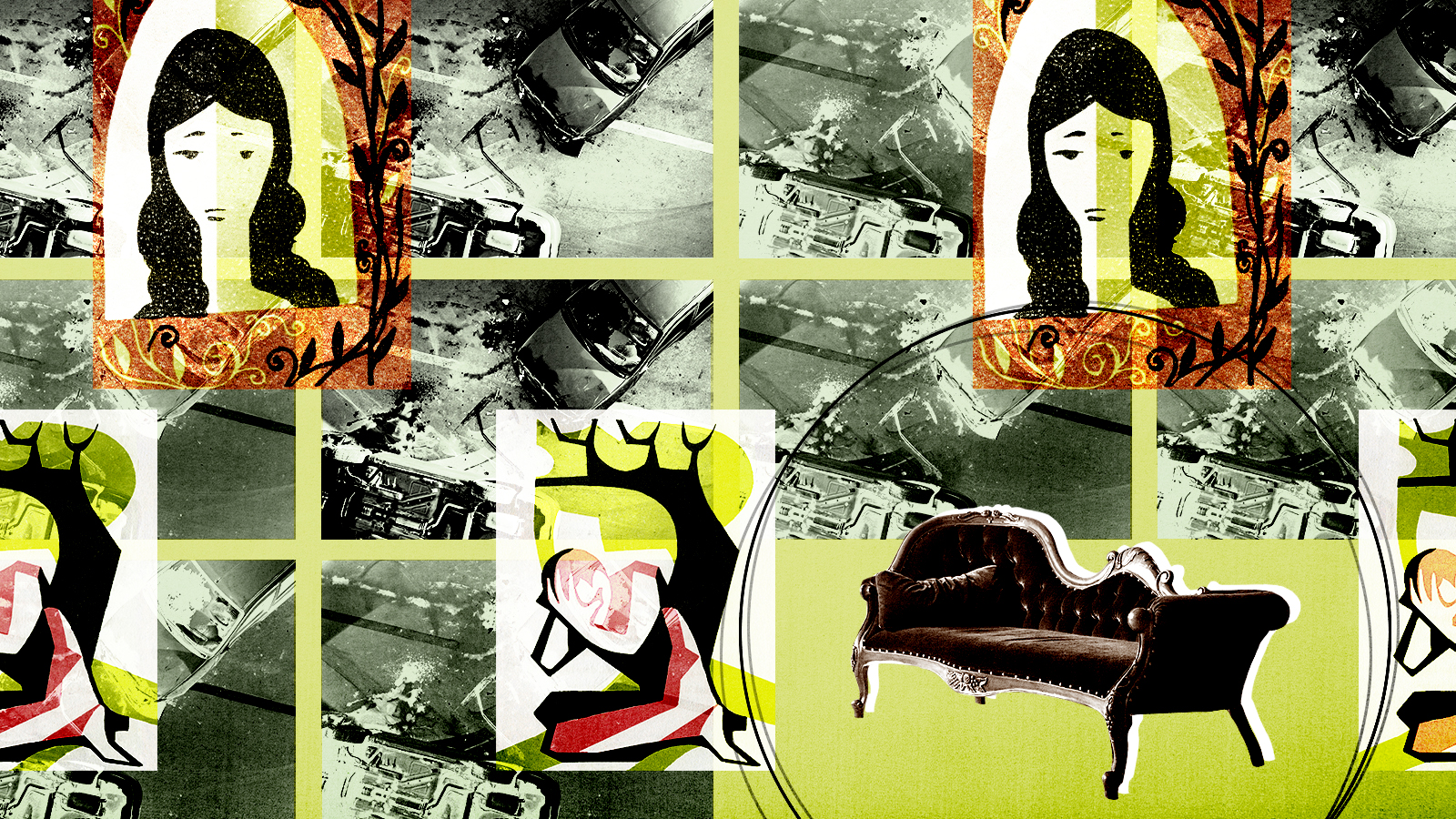 What if 'trauma' isn't real?
What if 'trauma' isn't real?Talking Point
-
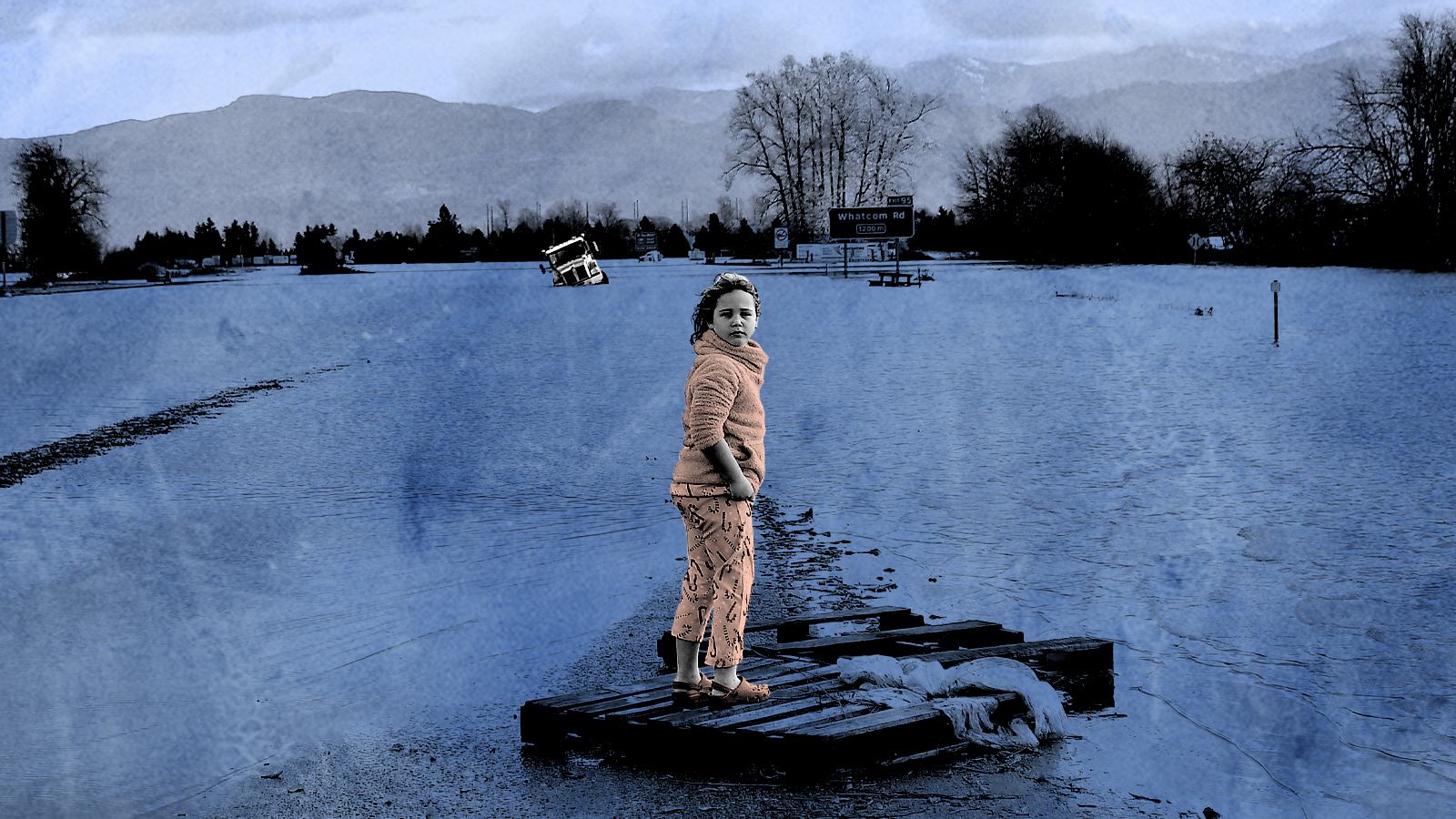 The chaos on Canada's west coast is a preview of climate change woes to come
The chaos on Canada's west coast is a preview of climate change woes to comeTalking Point
-
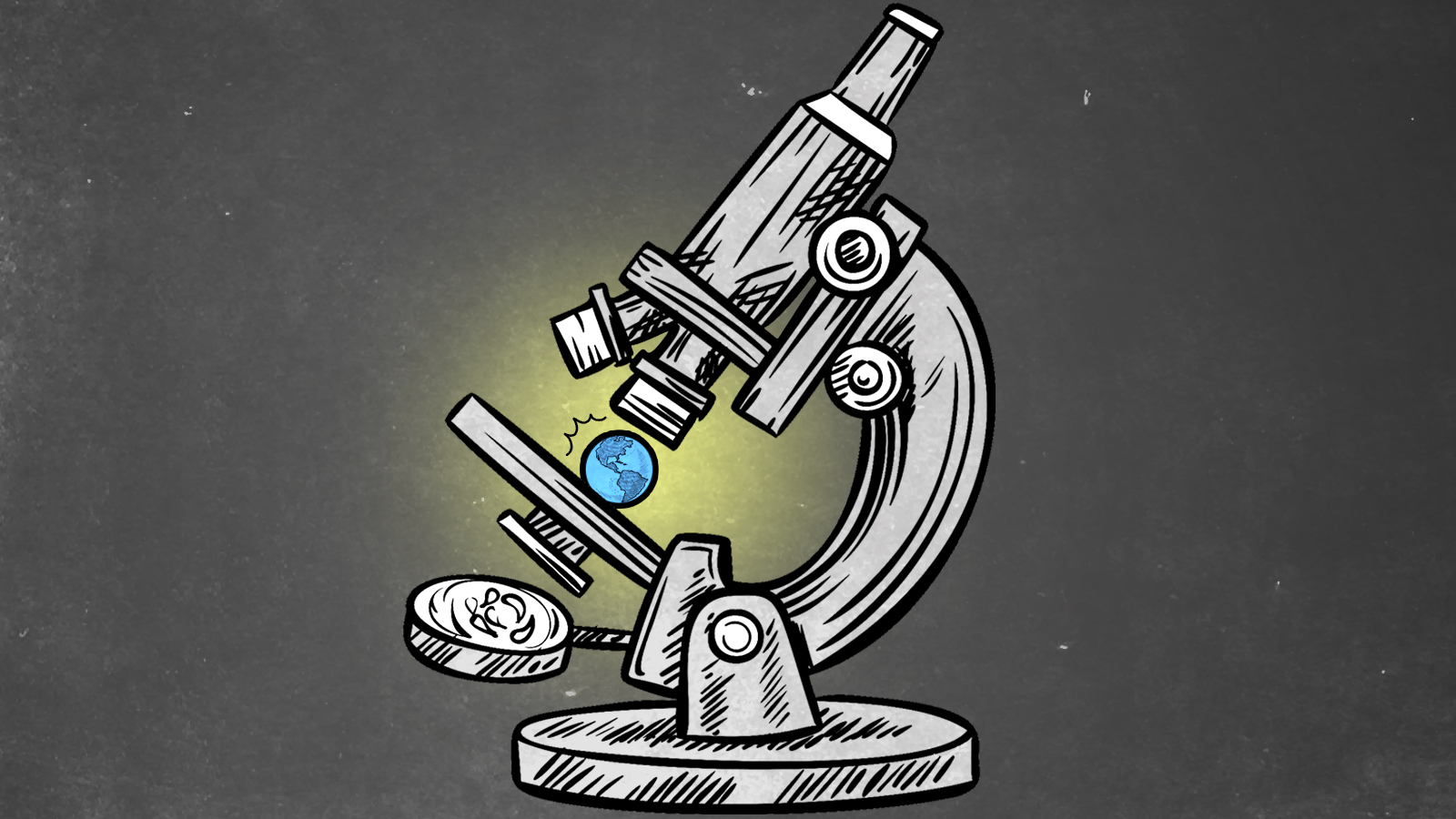 Will science save us?
Will science save us?Talking Point
-
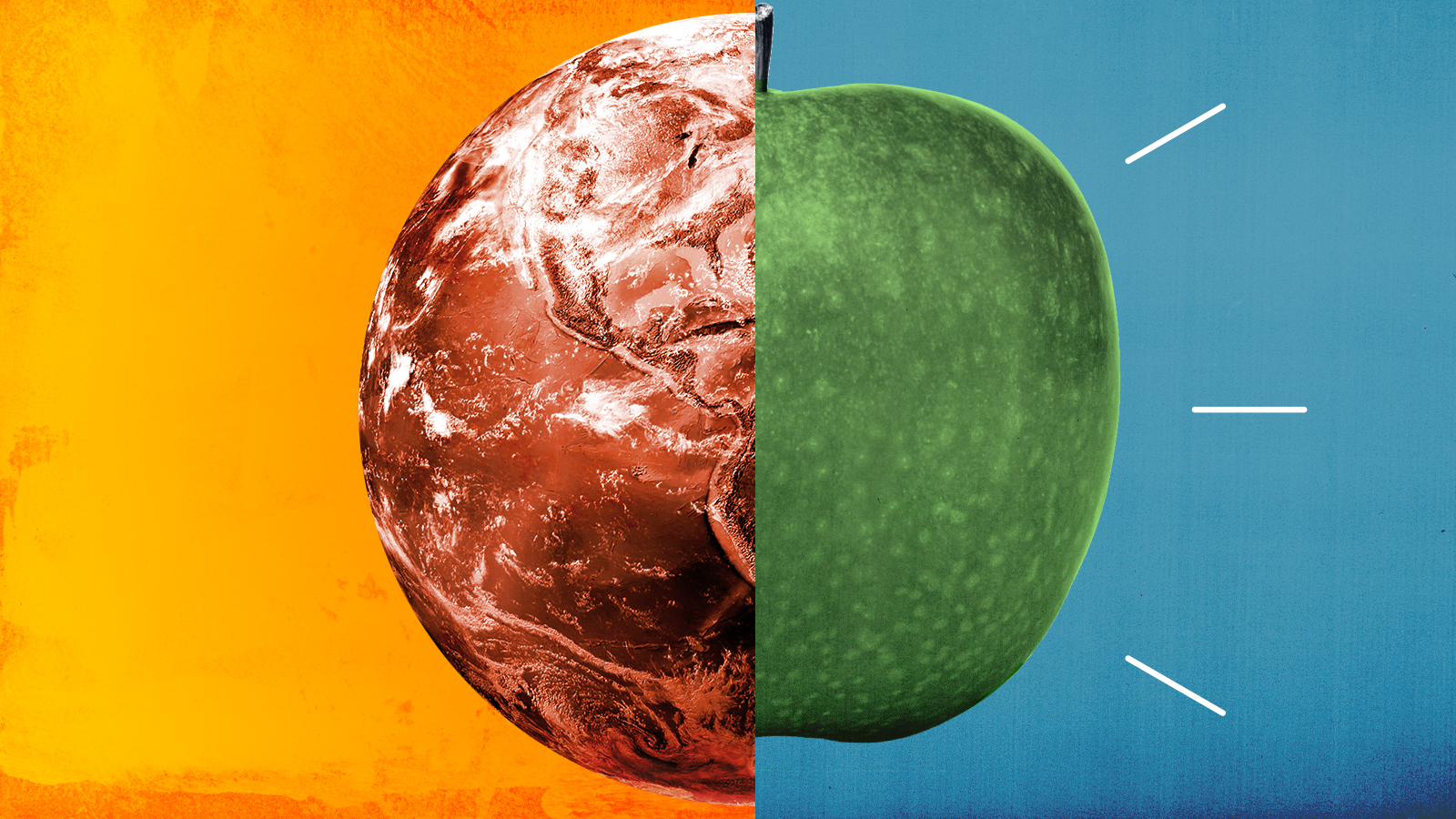 Consistent climate action wasn't on the menu at COP26
Consistent climate action wasn't on the menu at COP26Talking Point
